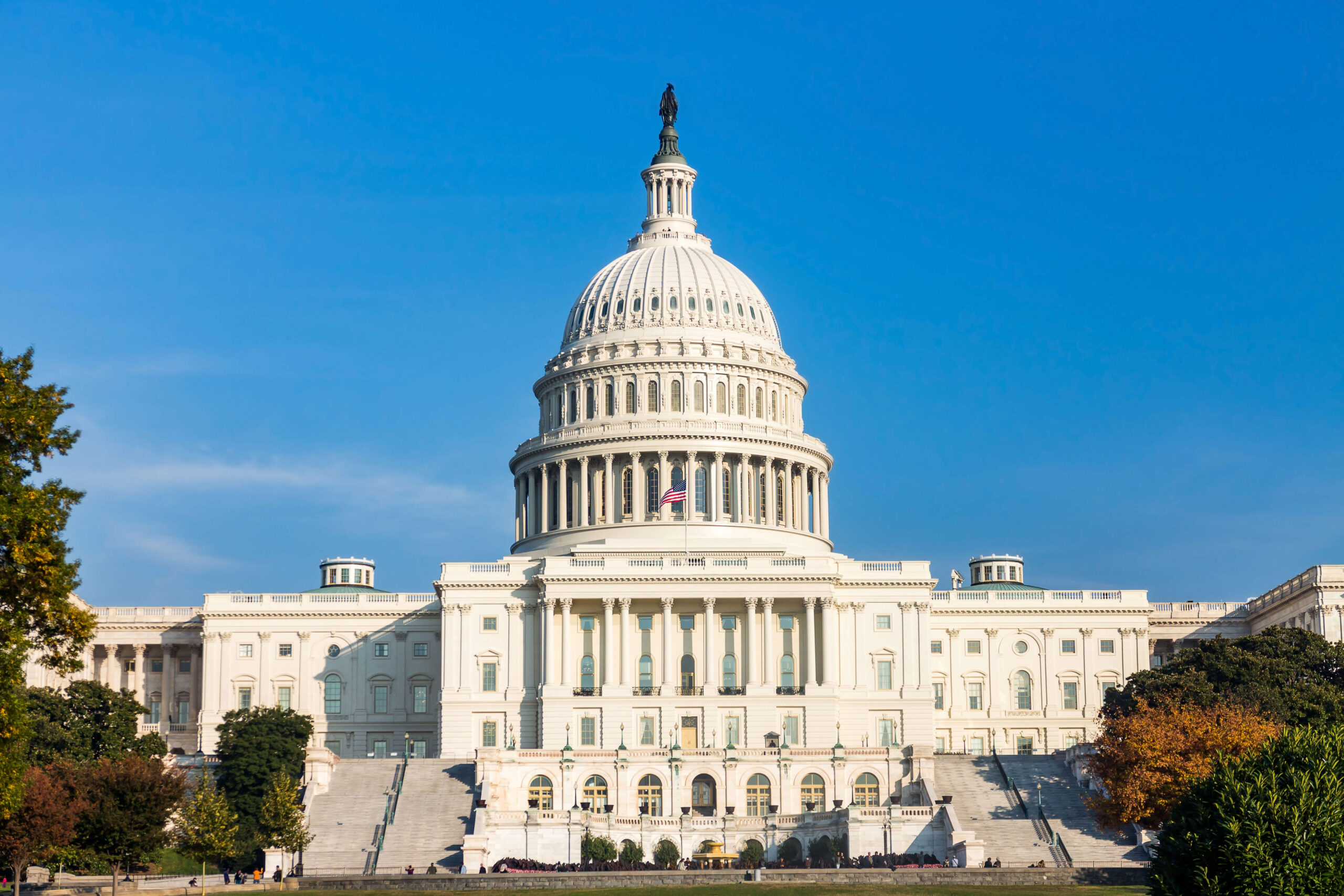April 30, 2021, marked President Joe Biden’s 100th day in office, and his administration has wasted little time advancing its policy priorities. At this moment, the administration is focusing most of its attention on repealing much of the policy accomplishments of the previous administration but can be expected to advance its own proposals in short time. Additionally, Democrats in the U.S. House of Representatives are looking for ways around the U.S. Senate’s legislative filibuster in order to advance their ambitious legislative agenda. Below is a very brief outline of the major labor and employment legislative actions of President Biden’s first 100 days. In part two of this analysis, we will examine regulatory developments.
The Administration Favors Big Labor and Federal Regulators
Before we examine specific policy developments at the 100-day mark, it is important to understand the two main drivers of the Biden administration’s labor and employment policy agenda. First, and this is no secret, the administration favors policies advanced by big labor. This allegiance goes beyond merely pushing for passage of the Protecting the Right to Organize (PRO) Act. The inauguration day firing of Peter Robb, the former National Labor Relations Board (NLRB) general counsel, who was not liked by organized labor, was the earliest indicator that President Biden planned to take a friendlier approach to unions than his predecessor. But there are plenty of other examples in just a short amount of time, such as the formation of the White House Task Force on Worker Organizing and Empowerment, the incorporation of the PRO Act in the administration’s infrastructure proposal, and the inclusion of a $15 minimum wage for childcare workers in the “American Families Plan.” In short, watch for the big labor benefits in the administration’s policy agenda.
Second, the administration wants to use the power of federal agencies to issue regulations and to prioritize enforcement over compliance assistance. On Inauguration Day, President Biden signed an executive order that stated that regulatory agencies “must be equipped with the flexibility to use robust regulatory action to address national priorities,” which appears to encourage agencies to more actively use subregulatory guidance, which does not require the extensive level of public input that is needed for rulemaking. This type of policymaking provides stakeholders with little to no notice of policy changes and no opportunity to participate in the process. Moreover, the Office of Information and Regulatory Affairs (OIRA) is the administration’s regulatory “gatekeeper,” and is currently led by Sharon Block, a former Obama-era U.S. Department of Labor (DOL) official and NLRB member. Block previously wrote that OIRA’s two goals are “[r]evoking the harmful Trump-era regulations and promulgating new regulations to advance a progressive agenda.” Block also wrote that “OIRA can be a force for making sure that the most progressive regulations get through the gate.” Expect the Biden federal regulatory apparatus to push the envelope in terms of the depth and breadth of is regulatory powers.
The American Rescue Plan
Congress’s latest tranche of COVID-19 and economic relief was signed into law by President Biden on March 11, 2021. The American Rescue Plan Act of 2021 (ARPA) includes the following employment related provisions:
- It extends three Coronavirus Aid, Relief, and Economic Security (CARES) Act unemployment insurance programs (Pandemic Unemployment Assistance, Pandemic Emergency Unemployment Compensation, and Federal Pandemic Unemployment Compensation) through September 6, 2021.
- The ARPA provides financial relief to “critical and declining” multiemployer pension plans to ensure that benefits are paid through the 2051 plan year.
- The ARPA requires employers to pay continuing health benefit premiums under the Consolidated Omnibus Budget Reconciliation Act of 1985 (COBRA) through September 2021, for employees who want to continue to receive group health benefits upon being furloughed, laid off, or having their hours involuntarily reduced.
- The ARPA continues tax credit availability for employers that voluntarily provide Families First Coronavirus Response Act (FFCRA) emergency paid sick leave or expanded family and medical leave.
- The law appropriates $200 million to the DOL for enforcement activities.
The PRO Act and Other Legislation
- House passes PRO Act. On March 9, 2021, the U.S. House of Representatives passed the PRO Act (H.R. 842). The bill would, among other things, preempt 27 states’ right-to-work laws, enact a union card check organizing scheme, and nationalize California’s Assembly Bill (AB) 5 test for independent contractors. The bill faces an uphill climb in the Senate, since there are enough Democratic senators unwilling to get rid of the legislative filibuster. Nevertheless, the AFL-CIO and other proponents will continue to muscle political pressure in an attempt to get the bill sent to the White House.
- Other legislation. Like the PRO Act, the following House-passed bills will also have to overcome the legislative filibuster in order to pass the Senate.
- Equality Act. On February 25, 2021, the U.S. House of Representatives passed the Equality Act (H.R. 5), a comprehensive civil rights bill that would prohibit discrimination on the basis of sexual orientation and gender identity at the federal level.
- DREAMers bill. On March 18, 2021, the House passed the American Dream and Promise Act of 2021 (H.R. 6), which would provide a pathway to citizenship for individuals who were brought to the United States as children, as well as recipients of Temporary Protected Status.
- Paycheck Fairness Act. On April 15, 2021, the U.S. House of Representatives passed the Paycheck Fairness Act (H.R. 7), which would limit employers’ defenses under the Equal Pay Act and require employers to submit employee compensation data to the federal government.
- Workplace violence. On April 16, 2021, the Workplace Violence Prevention for Health Care and Social Service Workers Act (H.R. 1195) passed the House by a vote of 254–166, with 38 Republicans voting in favor of the bill.










